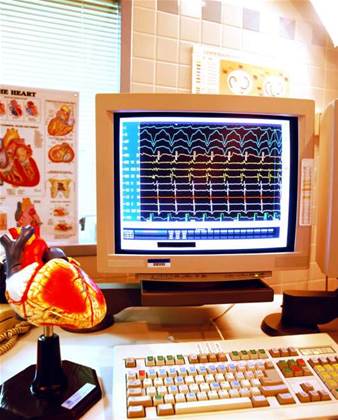
"The web has the potential to increase the anxieties of people who have little or no medical training, especially when web search is employed as a diagnostic procedure," the authors wrote.
"We use the term 'cyberchondria' to refer to the unfounded escalation of concerns about common symptomatology, based on the review of search results and literature on the web."
Typical examples included people suffering from persistent headaches self-diagnosing themselves with brain tumours, and chest pains as a heart attack.
The team chronicled the web browsing of 515 internet users and studied how they accessed medical information online. They noted that previous studies have shown that as many at 70 per cent of health web sites contain inaccurate information.
The study used Microsoft's search engine to see what people were examining when it came to health issues.
- Cyberchondria: Studies of the Escalation of Medical Concerns in Web Search (PDF)

_(36).jpg&h=140&w=231&c=1&s=0)








 iTnews Executive Retreat - Security Leaders Edition
iTnews Executive Retreat - Security Leaders Edition
 Huntress + Eftsure Virtual Event -Fighting A New Frontier of Cyber-Fraud: How Leaders Can Work Together
Huntress + Eftsure Virtual Event -Fighting A New Frontier of Cyber-Fraud: How Leaders Can Work Together
 iTnews Cloud Covered Breakfast Summit
iTnews Cloud Covered Breakfast Summit
 Melbourne Cloud & Datacenter Convention 2026
Melbourne Cloud & Datacenter Convention 2026
 The 2026 iAwards
The 2026 iAwards












_(1).jpg&h=140&w=231&c=1&s=0)



